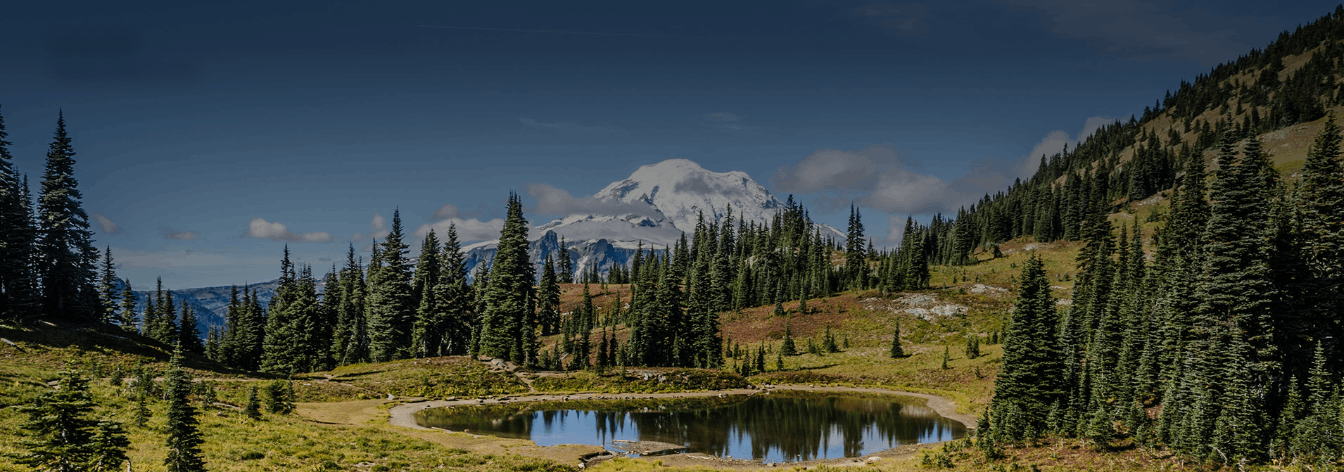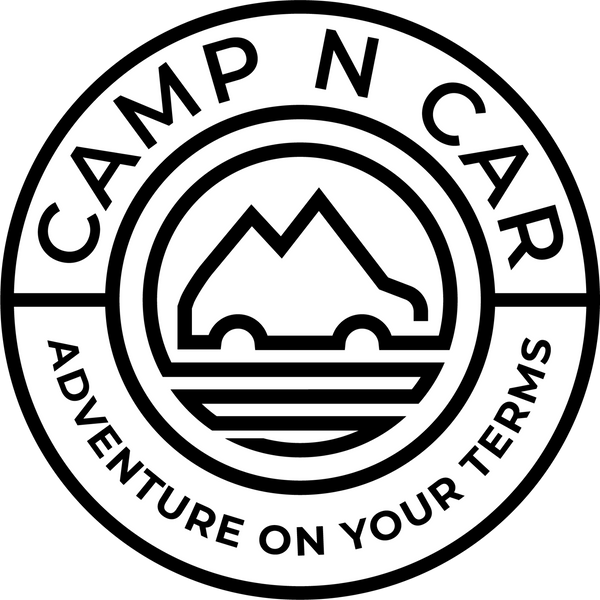The Ultimate Car Camping Packing List: Everything You Need for a Summer on the Road
Share
Summer has officially arrived in the Pacific Northwest. The long days, clear skies, and open roads are calling—and there's no better way to kick off summer than with a fully dialed car camping setup. Whether you're headed deep into the North Cascades, chasing waves down the coast, or parking next to a trailhead for a long weekend in the mountains, having the right gear can make or break your trip. At Camp N Car, we're firm believers that comfort, organization, and preparedness are key to maximizing your time outside. And the beauty of car camping? You don't have to pack light; you just have to pack smart. Here's everything you need to make the most of summer car camping in the PNW.
The Ultimate Sleep System

To truly enjoy your trip, you need to get a good night's sleep. The biggest upgrade you can make to any vehicle-based camping setup is a flat, level bed platform. If you're sleeping on a slant or crawling over gear to stretch out, you're not going to have a good time.
That's why we build platforms like the Trunk Bunk and the Pioneer Platform to give campers a consistent, comfortable space to sleep, no matter where you park. Add a foam topper or fold-out mattress that fits your vehicle, bring real pillows, and you're set. Ensure you use a sleeping bag rated for the correct temperature. Reflectix window panels or basic blackout curtains go a long way in regulating temperature and adding privacy.
The Camp Kitchen That Works

Car camping isn't backpacking. You're not stuck boiling water and eating freeze-dried chili every night. With a bit of planning, you can cook meals you actually want to eat. Start with a solid two-burner stove and a cooler that holds ice for at least a few days. If you have a drawer system or a slide-out kitchen, staying organized becomes significantly easier.
As for cookware, less is more: one pot, one pan, a cutting board, a sharp knife, and basic utensils will cover 95% of your meals. Bring a bin for washing dishes, a quick-dry towel, and a few spices and sauces that make things taste like home. Coffee is essential—whether you're a French press person or pour-over purist, just don't forget it.
If you want to keep it simple, prep your meals at home. Marinade your protein, chop your veggies, and throw them in containers. The goal isn't to impress anyone. It's to make the time between setting up camp and watching the sun go down as smooth as possible.
Shelter and Space

Some campsites come with tables and fire rings. Others are just wide spots off forest roads. Either way, it helps to have a space to sit, eat, and hang out. Folding camp chairs are a must, and a small table makes a big difference when it comes to meal prep and organization. If your rig doesn't have an awning, bring a tarp and some paracord. Instant shade or rain cover, depending on the forecast.
Lighting is another area where small gear makes a big difference. Headlamps are great for cooking and moving around, but a dedicated camp lantern or string lights can help define your space and make it feel more like home.
Clothing, Comfort, and the Essentials

Even in July, the PNW has a way of surprising you. A sunny afternoon can turn into a damp, 50-degree night in a matter of hours—pack layers. A synthetic puffy and a rain jacket should always come with you, even if the forecast looks clear. Bring camp shoes or sandals, a swimsuit (just in case), and a fast-drying towel. You'll use it more than you think.
As for the personal stuff—keep it simple: a toothbrush, biodegradable soap, sunscreen, bug spray, and a first-aid kit. If you're venturing into backcountry areas or camping on public land, bring a trowel and wag bags.
Water and Food

Depending on your route, access to clean water can vary wildly. Carry at least a few gallons with you at all times. A refillable water jug with a spigot works well for everything from drinking to dishwashing. For food, organize your meals in bins or drawers and store them securely at night.
If you're hitting multiple locations on your trip, restock every couple of days, and don't bring more than you can keep cold. It's better to stop at a local grocery store and grab fresh produce than it is to throw away soggy spinach at the bottom of the cooler.
A Few Extras That Make Life Better

There are the basics—and then there are the little things that make you feel like you've got your act together. A battery pack or small solar charger will keep your devices topped off, especially if you're not driving every day. A hammock is always worth packing, even if it only gets used once. A bug net or mesh screen tent can turn a buggy summer night into a comfortable hang. And if you've got space for a shower bag or gravity-fed rinse system, all the better.
Before You Hit the Road

Run through your setup at home before you leave for your trip. You don't want to find out your stove is missing a part, or your platform slopes toward the hatch after you've driven four hours to a trailhead.
Wherever you go this summer, the goal is the same: sleep comfortably, eat well, and spend more time outside than digging through gear. That's what we build our systems around—and that's the kind of travel we believe in. If you're ready to upgrade your setup or just need a little inspiration, check out our car camping systems, drawer kits, and build-outs at Camp N Car. We'll help you hit the road with everything you need—and nothing you don't.



